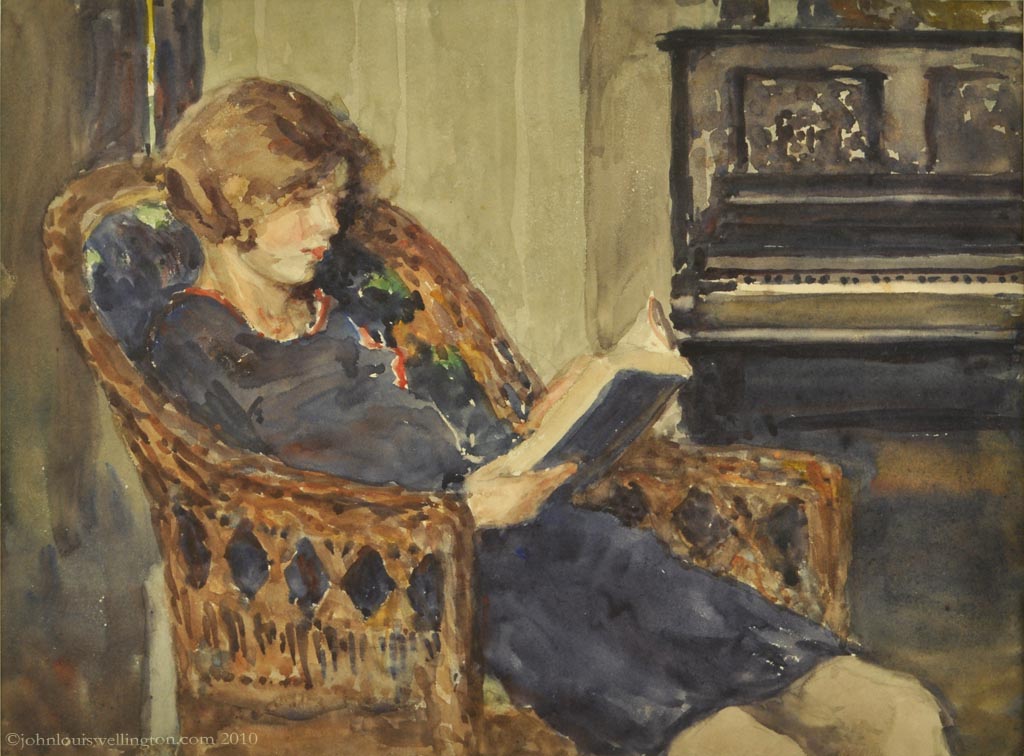Tuesday – Election Day
As you go out and vote today (if you haven’t already voted), think of the following observation. It is from a 1961 article on the First Amendment by Alexander Miekeljohn, a British-born American political philosopher and university president:
[There] are many forms of human thought and expression within the range of human communications from which the voter derives the knowledge, intelligence, sensitivity to human values: the capacity for sane and objective judgment which, so far as possible, a ballot should express. [The] people do need novels and dramas and paintings and poems, “because they will be called upon to vote.”
Philosopher Martha Nussbaum begins her remarkable essay “Cultivating Humanity: A Classical Defense of Reform in Liberal Education” with the passage. Her essay argues that literature enables us to think outside out own tribal groupings and imagine perspectives not our own:
But the great contribution literature has to make to the life of the citizen is its ability to wrest from our frequently obtuse and blunted imaginations an acknowledgement of those who are other than ourselves, both in concrete circumstances and even in thought and emotion. As [Ralph] Ellison put it, a work of fiction may contribute “to defeat this national tendency to deny the common humanity shared by my character and those who might happen to read of his experience.” This contribution makes it a key element in higher education.
Nussbaum says that we must read and we must read critically. Reading opens up our sympathies and reading critically allows us to recognize blindnesses in even great authors. The ultimate goal is fostering a vision of humanity that does true justice to our democratic ideals:
We are now trying to build an academy that will overcome defects of vision and receptivity that marred the humanities departments of earlier eras, an academy in which no group will be invisible in Ellison’s sense. That is in its way a radical political agenda; it is always radical, in any society, to insist on the equal worth of all human beings, and people find all sorts of ways to avoid the claim of that ideal, much though they may pay it lip service. The current agenda is radical in the way that Stoic world citizenship was radical in a Rome built on hierarchy and rank, in the way that the Christian idea of love of one’s neighbor was and is radical. In a world anxious to deny our common membership in the kingdom of ends or the kingdom of heaven, we should defend that radical agenda as the only one worthy of our conception of democracy and worthy of guiding its future.
Now go out and put to good use all the reading you have done.
A thought on those who refuse to vote: If you feel that you’re above the fray, that no one comes up to your standards and so you should sit out this election, remember what Dante has to say about “the Uncommitted.” They are the first people he encounters in Inferno. Dante criticizes them for being self obsessed, and I think that caring more about your own sensibilities rather than about others who will be impacted by this election is a kind of selfishness.
I turn to Wikipedia for a description of the Uncommitted:
These are the souls of people who in life took no sides; the opportunists who were for neither good nor evil, but merely concerned with themselves. Among these Dante recognizes a figure implied to be Pope Celestine V, whose “cowardice (in selfish terror for his own welfare) served as the door through which so much evil entered the Church.” Mixed with them are outcasts who took no side in the Rebellion of Angels. These souls are forever unclassified; they are neither in Hell nor out of it, but reside on the shores of the Acheron. Naked and futile, they race around through the mist in eternal pursuit of an elusive, wavering banner (symbolic of their pursuit of ever-shifting self-interest) while relentlessly chased by swarms of wasps and hornets, who continually sting them. Loathsome maggots and worms at the sinners’ feet drink the putrid mixture of blood, pus, and tears that flows down their bodies. This symbolizes the sting of their guilty conscience and the repugnance of sin. This may also be seen as a reflection of the spiritual stagnation they lived in.

One Trackback
[…] edge in my calls for tolerance, however. As philosopher Martha Nussbaum notes (I wrote about her in my election day post), the study of literature calls for us to acknowledge the full personhood of others. Her […]